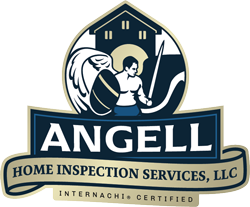Proudly Providing Inspection Services
Angell Home Inspection Services, LLC is a Veteran Owned Company providing Residential Home Inspections, Radon Testing, Water Testing, Mold Testing, Multi-Unit Housing Inspection, Real-Estate Inspection and Move-In Certified Seller’s Inspection in the State of Connecticut, including Farmington, Suffield, and Granby, CT.
